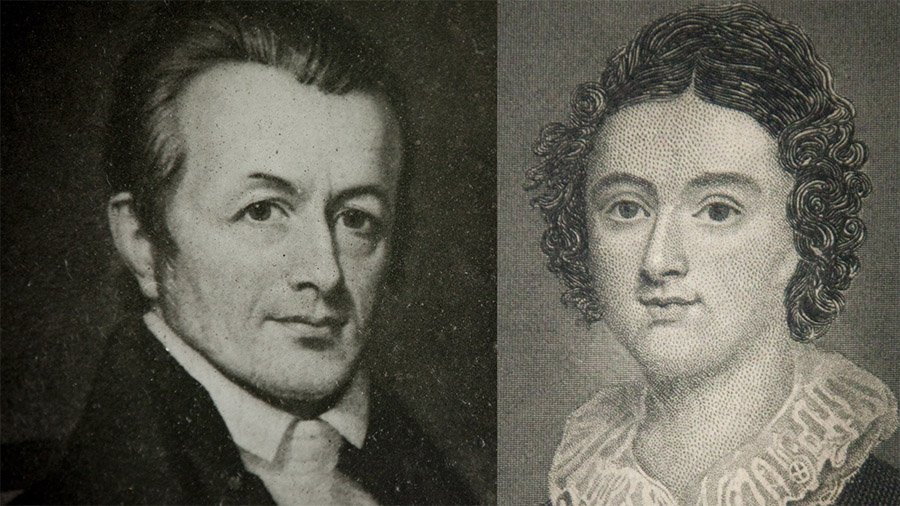
12 Fight the good fight
of the faith. Take hold of the eternal life to which you were called and about
which you made the good confession in the presence of many witnesses. 13 I
charge you in the presence of God, who gives life to all things, and of Christ
Jesus, who in his testimony before Pontius Pilate made the good confession. (1 Timothy 6:12-13)
“I am a Christian and
cannot sacrifice to the gods. I heartily thank Almighty God who is pleased to
set me free from the chains of this body.” With these bold words, spoken in
front of hundreds of onlookers, on Sept. 14, 258 AD Cyprian faced execution under
Roman Emperor Valerian. Eyewitnesses to his death said that many of the pagans
standing by were deeply moved. Cyprian was well-known to them. As Bishop of
Carthage, he was an eminent figure in North Africa. But even before becoming a
church leader he had been a notable man.
Born into wealth around
200, Cyprian inherited a large estate. He was schooled at the finest universities
in rhetoric and oratory. Curiously it was this training which brought him to
Christ. Cyprian would often debate leading thinkers of the day on everything
from politics to philosophy and religion. He even debated Christian apologists
who argued for the validity of the Christian worldview. Cyprian disputed with one
Christian elder named Coecilius and was so convinced by his arguments that soon
after their showdown he repented of sin and confessed Christ as Lord.[1]
Cyprian became a convert
when he was about 45 years old writing, “A second birth created me a new man by
means of the Spirit breathed from heaven.” With zeal, he gave away his wealth
and devoted himself to poverty and preaching the Gospel. Because of his silk-tongue
and powerful preaching, he was soon elected as Bishop of Carthage. One of his friends,
Pontius, wrote an admiring biography telling how his countenance was joyous,
and that he was a man to be both revered and loved.
When a fearsome plague
erupted in 252 AD, everyone was abandoning the sick in the streets. People
rushed about in terror. Cyprian instructed the Christians to care for the sick,
including dying pagans. Believers obeyed, despite the fact the pagans blamed
them for the disease.
A new wave of persecution
slammed the church when Emperor Valerian ascended to power. Because the glory
of Rome was fading the Emperor was convinced that the gods were angry. Barbarian
armies were invading, plagues were afflicting the masses and an economic
downturn caused hard times. Looking for a scapegoat, Valerian blamed the
Christians and rehashed an old ploy to tighten the noose around the Church.
Every Roman citizen was required to offer a sacrifice to the gods. Upon
completing the sacrifice, citizens were issued a libellus, or
certificate, as proof of their loyalty to Rome and the gods. Cyprian and many
others refused.
Thus, he was beheaded, retaining his bold confession to the end. His last words “Deo
Gratis!” (Latin for “Thanks be to God”) became a rallying cry for
Christians afterward.[2]
Friend, I would rather stand with God and be judged by the world, than stand
with the world and be judged by God. Don’t back up, fold up or shut up. Give
the good confession.
-DM
[1] “Cyprian,”
Church History Timeline <https://www.christianity.com/church/church-history/timeline/1-300/cyprian-11629611.html>
[2] “Cyprian:
Enemy of the Gods,” Voice of the Martyrs, March 2013, p. 13.

